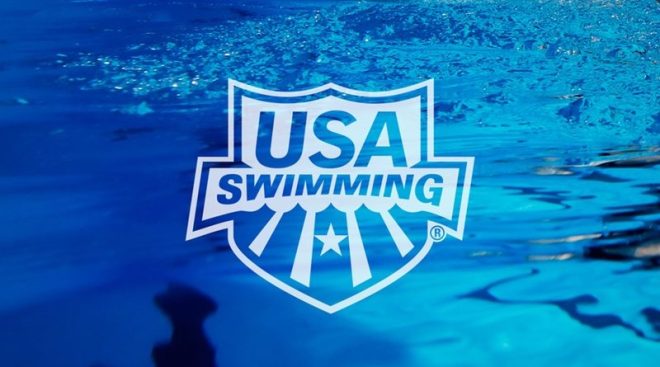
Washington D.C.: A U.S. senator wants to know why the global agency charged with combating drug cheating in sports waited nearly five years to investigate a whistleblower’s allegations of widespread, state-sponsored doping among elite Russian athletes.
Sen. John Thune (R-S.D.) sent a letter Monday to World Anti-Doping Agency President Sir Craig Reedie that criticized the organization for not aggressively investigating shortly after receiving information from a Russian anti-doping officer at the 2010 Vancouver Olympics about numerous elite Russian athletes doping and avoiding drug tests with government assistance.
“Because clean competition is central to fairness in sport and bears directly on the health and safety of athletes, a strong and credible WADA is indispensable,” wrote Thune, the chair of the Senate Committee on Commerce, Science and Transportation, which oversees sports. “Unfortunately, these recent allegations, and WADA’s subsequent response, have called the organization’s strength and credibility into question.”
In 2010, former Russia Anti-Doping Agency officer Vitaliy Stepanov told three WADA officials in Vancouver that his agency and Russia’s sports ministry — a government office — were both complicit in helping Russian athletes cheat. WADA did not open a formal investigation until early 2015, and then only after a German documentary aired based on Stepanov’s allegations.
[WADA heard of Russian doping in 2010, didn’t investigate until media reports]
 WADA President Craig Reedie was the addressee of Thune’s letter. (Graham Hughes/AP)
WADA President Craig Reedie was the addressee of Thune’s letter. (Graham Hughes/AP)Subsequent investigations by WADA have found evidence of government involvement in widespread doping, which Russia’s sports ministry denies. Last week, the International Association of Athletics Federations — the organization that oversees global track and field — upheld a suspension of Russia’s track and field team, effectively barring the team from the upcoming Summer Olympics in Rio de Janeiro.
In his letter, Thune also questioned WADA’s independence, citing the fact that Reedie, the agency chief, also serves as a vice president for the International Olympic Committee, which others in international anti-doping circles have called a conflict of interest. WADA — whose spokesman did not respond immediately to a request to comment Monday — has received more than $25 million from the U.S. government since 2003, according to Thune’s letter.
“WADA’s mission to promote doping-free sport may be undermined since its leadership has ties to National Olympic Committees or sports ministries whose goal is to increase a particular nation’s competitiveness and medal counts,” Thune wrote.
WADA is racing to complete by July 15 another investigation of Russian doping, this one based on allegations made by a second whistleblower — former Russian anti-doping laboratory director Grigory Rodchenkov, who told the New York Times in May he concocted steroid cocktails for his country’s top athletes and participated in a scheme to sabotage drug testing of certain Russian athletes at the 2014 Winter Games in Sochi. Rodchenkov also has asserted government officials assisted in helping athletes cheat.
In response to criticism, WADA officials have said the agency did not have jurisdictional power to launch an investigation in another country until a change in its governance in 2015. In his letter, Thune questioned this defense, pointing to specific language from WADA’s 2004 charter that authorizes the agency to investigate doping allegations.
In a June 2 Washington Post story that Thune cited in his letter, the whistleblower Stepanov said he was unsure whether WADA officials, after more than four years of inaction following his initial allegations, viewed him as an informant or a nuisance.
In 2014, one senior WADA official who had concluded his colleagues would never investigate Stepanov’s allegations directed him to contact German journalist Hajo Seppelt. The resulting documentary, “Top-Secret Doping: How Russia Makes Its Winners,” aired on German television in December 2014 and was the first piece of journalism to spark a roiling doping and corruption scandal that has now spanned two years.
Subsequent stories in the European media, primarily by David Walsh of the British newspaper The Sunday Times, revealed Stepanov’s frustrating campaign for WADA action.
courtesy
https://www.washingtonpost.com/sports/olympics/us-senator-wants-to-know-what-took-wada-so-long/2016/06/20/e54d7368-3718-11e6-a254-2b336e293a3c_story.html?tid=sm_tw_ps






You must be logged in to post a comment.